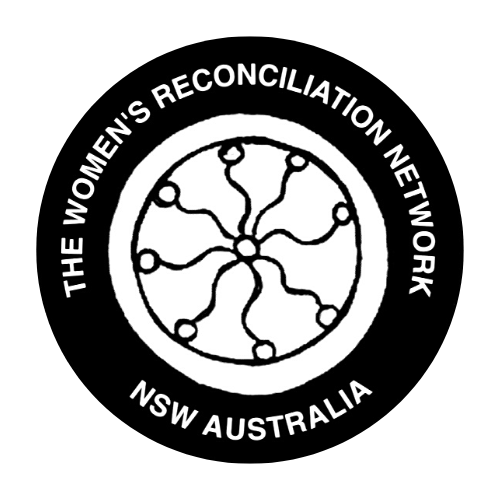
.
Notable Gamilaroi woman, Aunty Beryl Van Oploo, an Aboriginal caterer whose specialty is the use of bush ingredients in Australian cuisine and Biripai woman, Aunty Ali Golding, a storyteller in demand for talks with school children on First nations culture met Filipino visitors from the Philippines at a recent yarning event.
The aunties’ yarning with the teacher delegates from Visayas and Mindanao in the Philippines was held at the Gardeners Lodge café at Victoria Park in Sydney on Saturday, August 5. The yarning was part of the visitors’ orientation of Sydney’s history, culture, and the arts.
Dr Dave Saceda, Chair and founder of Saceda Youth Lead (SYL) led the tour group’s international Australia program from Aug 1-9. The program included visits to the NSW Parliament House, the Sydney Opera House, the NSW Art Gallery, and the University of Sydney. A highlight of their tour was meeting in person Sydney Aboriginal elders and a Filipino Australian citizen of Torres Strait Islander descent. Meeting First Nations women and hearing their life stories gave the delegates an opportunity to hear voices from urban grassroots communities.

“If you have a Voice, you have a Choice”, Aunty Beryl told the Filipino tour delegates.
Women’s Reconciliation Network (WRN) member, Dr Deborah Ruiz Wall gave the delegates additional context for Aunty Beryl’s one-liner statement.
The raging political news in Australia today revolves around the forthcoming Voice Referendum scheduled to occur on the last quarter of 2023. Wall said that if a ‘Yes’ vote is achieved for the Voice Referendum from the Australian electorate, it will give First Nations people some leverage in government decision-making processes that affect their lives. A ‘Yes’ vote will show the world at large a Constitutionally-enshrined recognition of First Nations people in Australia.
A ‘No’ vote will be a setback for Aboriginal and Torres Strait Islander people’s call for addressing Indigenous disadvantage and continuing human rights violation that they still experience today. The Uluru Statement from the Heart released at a gathering convention of First Nations people at Uluru in 2017 was a spiritual document. It was a spiritual call to mainstream Australians to walk in justice and peace with them on the land that they had occupied for over 60,000 years—land that they had never ceded.
The Statement call for voice, truth and treaty was the focal point result of the gatherings of First Nations Australians coordinated by the Referendum Council. That Council was appointed by former Prime Minister Malcolm Turnbull to discuss constitutional recognition with Aboriginal and Torres Strait Islander people.
The two elders, Aunty Ali and Aunty Beryl, both in their 80s, are cultural bridge builders from the grassroots whose life stories represent a Voice that passes on their wisdom to the next generation, and broadens the wider community’s awareness of the entirety of Australia’s social history.

At the yarning, Aunty Ali Golding and Aunty Beryl gave an account of how they surmounted illiteracy and obtained post-secondary and tertiary qualifications later in life. Aunty Ali completed a Certificate and Diploma of Theology at Nungalinya College in Darwin and Aunty Beryl completed a Bachelor of Arts degree in Education at the University of Technology. Their stories of survival from their families’ experience of being taken away by the government to reserves and missions exemplified the violation of Indigenous human rights, and showcased their resilience. They started their life working as cleaners and cooks in Sydney— the only work available for Indigenous women in their time. Their effort at survival and self-empowerment bore fruit.

Aunty Ali shared with them her Dreamtime story version of Tiddalik, the frog that included her own cartoon illustrations. Tiddalik is one of Australia’s best-known Creation stories. The greedy frog drank all of the water in the creeks, lakes and rivers depriving all the other animals of water which they all needed. Through collective action, each member of the animal kingdom plotted a way to get Tiddalik to cough out all of the water that he monopolised for himself. This Creation mythical story resonates with people’s experience of our world today about greed and the lack of sharing and caring.
Another bonus the tourists got was from Lallaine Barrios, a Filipino woman of Torres Strait Islander descent. Barrios narrated how she found her Torres Strait Islander grandmother that led her and Angel Paterno, her sister to identify their Australian nationality with their Indigenous roots. Their personal quest is significant in tying in Australia’s Indigenous and multicultural legacy—a story largely unknown to mainstream people in Australia.
The life stories shared provided the visitors from the Philippines a broader understanding of Australia’s history from the perspective of First Nations people.
Written by Deborah Ruiz-Wall
Women’s Reconciliation Network
9 August 2023
